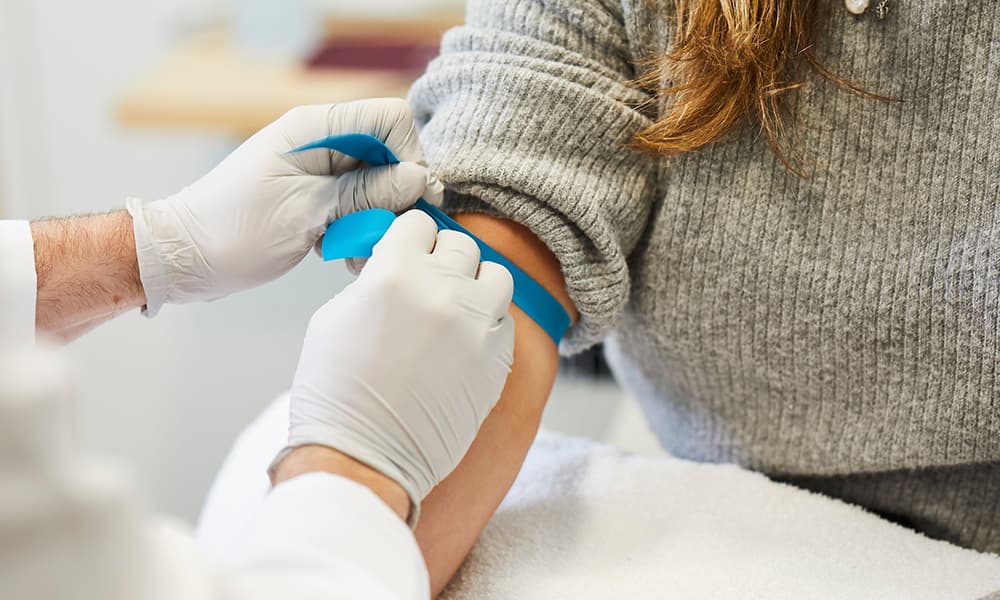REDUCE PAS: GSO 18-01. GORE® CARDIOFORM Septal Occluder and Antiplatelet Medical Management for Reduction of Recurrent Stroke in Patients with Patent Foramen Ovale (PFO): The REDUCE Post Approval Study
Summary: The REDUCE PAS study is for patients with a history of cryptogenic stroke (stroke of unknown cause) who also have a patent foramen ovale, or a small hole between the two upper chambers of the heart. With a device that is fed up into the heart through vessels in the groin, doctors can close the PFO, which helps prevent future strokes. Gore REDUCE PAS is a post-market approval study, meaning the closure device used in the study has already been approved by the U.S. Food and Drug Administration. The purpose of the research is to continue to collecting data on the device, even after FDA approval, and to learn more about PFO closure.
- Primary Investigator: Ignacio Inglessis-Azuaje, MD
- Study Population or Disease Focus: PFO patients with cryptogenic stroke (of unknown cause) in the past year
- Status: Enrolling
- Source: Industry-initiated








